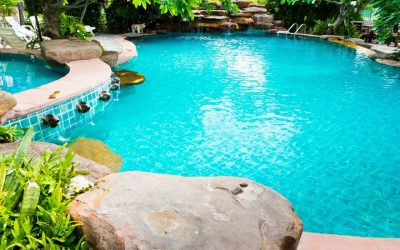A complete pool inspection is crucial if you’re thinking of buying a house with a hot tub, spa, or pool. Although these water features are beautiful, a thorough inspection is essential to determine whether there are hidden issues. Pool inspectors will find potential risks and repairs, and they’ll recommend ways to resolve these issues. Later, they will provide a full written report. Read on to learn what to expect during a pool inspection in NJ.
Look Over Pool Troubles
With their extensive knowledge and professional tools, a pool inspector is a sort of like a private investigator for swimming pools and hot tubs. They’ll begin with the basics, identifying aspects such as:
- The pool’s size
- The pool’s depth
- The type of materials used in the pool’s construction, such as vinyl, fiberglass, or poured cement
- The pool’s manufacturer and age
Following that, the pool inspector will perform a visual evaluation of the pool and the surrounding area, looking for signs such as surface cracks. They’ll also ensure that diving boards, ladders, and railings are built to the appropriate standard and that parts such as filter casings are correctly installed. Finally, the water will be tested for proper alkalinity, pH, calcium, and chlorine levels.
Examine the Pool’s Equipment
The plumbing inspection will ensure that the pump is working correctly and using the proper water pressure. If there’s an issue with pressure or filtration, the pool inspector will recommend further testing by leak detection specialists. The inspector will also check to see if the timer system, heater, and lighting fixtures are working as they should. During the inspection, ask the technician to assure that wires are grounded, that GFIs and other safety controls are in place, and that other electrical equipment is up to code.
A pool inspection in NJ will help homeowners uncover problems before they get out of hand. Visit Atlantic Leak Detection for more details or call today to schedule an inspection.
